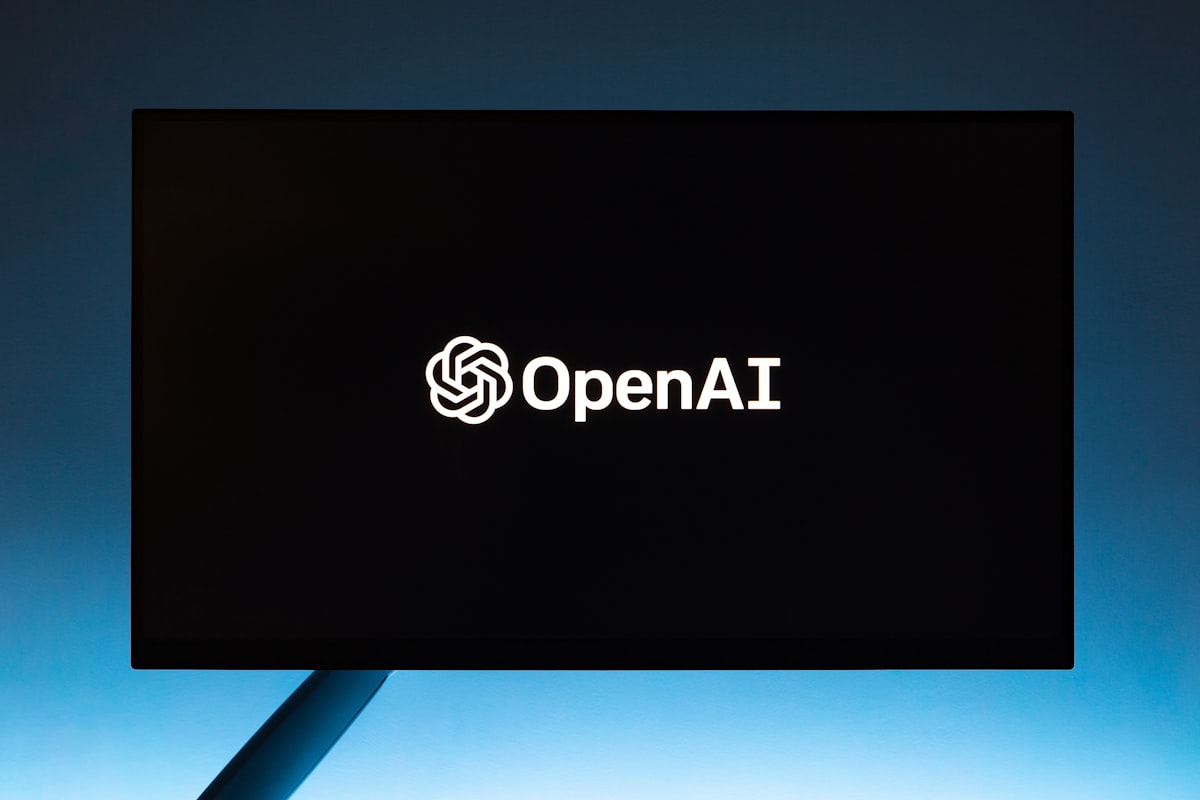OpenAI Counters The New York Times' Copyright Lawsuit Allegations as Unfounded
Until recently, The New York Times, too, had been in conversations with OpenAI to establish a “high-value” partnership involving “real-time display” of its brand in ChatGPT, OpenAI’s AI-powered chatbot.

In a recent turn of events, OpenAI, the renowned AI startup, has issued a strong rebuttal to The New York Times' legal claims. The newspaper sued OpenAI and its prominent collaborator Microsoft last December, alleging copyright infringement by the unauthorized use of Times' articles to train its AI systems.
At the heart of the disagreement is the debate over fair use versus copyright infringement in training AI models using scraped online content. OpenAI defends its practice as legally protected fair use, citing precedents and public comments to the Copyright Office.
However, The Times' lawsuit brings to light concerns about content regurgitation, which OpenAI categorizes as rare bugs rather than systematic issues. The company accuses The Times of manipulating prompts to exaggerate the problem.
The case signifies a pivotal moment in AI's interaction with copyright laws and ethical boundaries. It prompts discussions on the transformative potential of AI in journalism while highlighting challenges in respecting intellectual property rights.
OpenAI's emphasis on collaboration with news organizations signals a proactive stance toward addressing these challenges. Yet, the lawsuit underscores the complexities and uncertainties surrounding AI's use of copyrighted material.
The outcome of this legal battle is poised to redefine the interplay between technological innovation and the protection of intellectual property. It remains a critical juncture for AI's development and its relationship with journalism.




